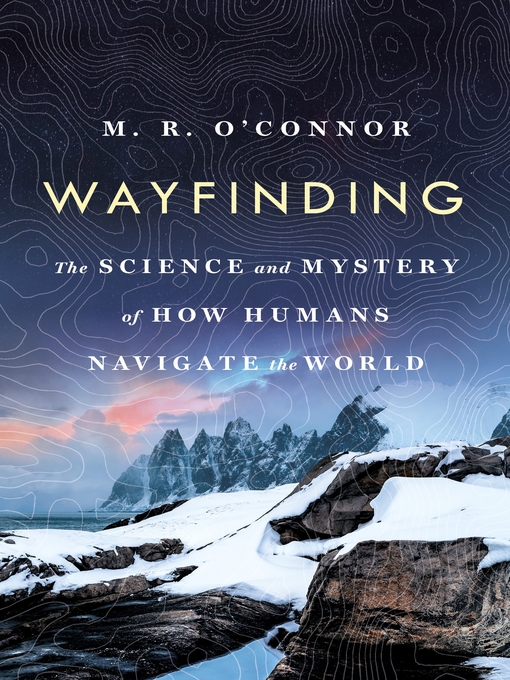At once far flung and intimate, a fascinating look at how finding our way make us human.
"A marvel of storytelling." —Kirkus (Starred Review)
In this compelling narrative, O'Connor seeks out neuroscientists, anthropologists and master navigators to understand how navigation ultimately gave us our humanity. Biologists have been trying to solve the mystery of how organisms have the ability to migrate and orient with such precision—especially since our own adventurous ancestors spread across the world without maps or instruments. O'Connor goes to the Arctic, the Australian bush and the South Pacific to talk to masters of their environment who seek to preserve their traditions at a time when anyone can use a GPS to navigate.
O'Connor explores the neurological basis of spatial orientation within the hippocampus. Without it, people inhabit a dream state, becoming amnesiacs incapable of finding their way, recalling the past, or imagining the future. Studies have shown that the more we exercise our cognitive mapping skills, the greater the grey matter and health of our hippocampus. O'Connor talks to scientists studying how atrophy in the hippocampus is associated with afflictions such as impaired memory, dementia, Alzheimer's Disease, depression and PTSD.
Wayfinding is a captivating book that charts how our species' profound capacity for exploration, memory and storytelling results in topophilia, the love of place.
"O'Connor talked to just the right people in just the right places, and her narrative is a marvel of storytelling on its own merits, erudite but lightly worn. There are many reasons why people should make efforts to improve their geographical literacy, and O'Connor hits on many in this excellent book—devouring it makes for a good start." —Kirkus Reviews
- Available now
- New eBook additions
- Most popular
- Dying to Read a Mystery
- Try something different
- See all ebooks collections
- Available now
- New audiobook additions
- Listen to a Mystery
- Most popular
- Try something different
- Great Narrators
- Audiobooks for Your Commute
- Read by a Celeb
- See all audiobooks collections


